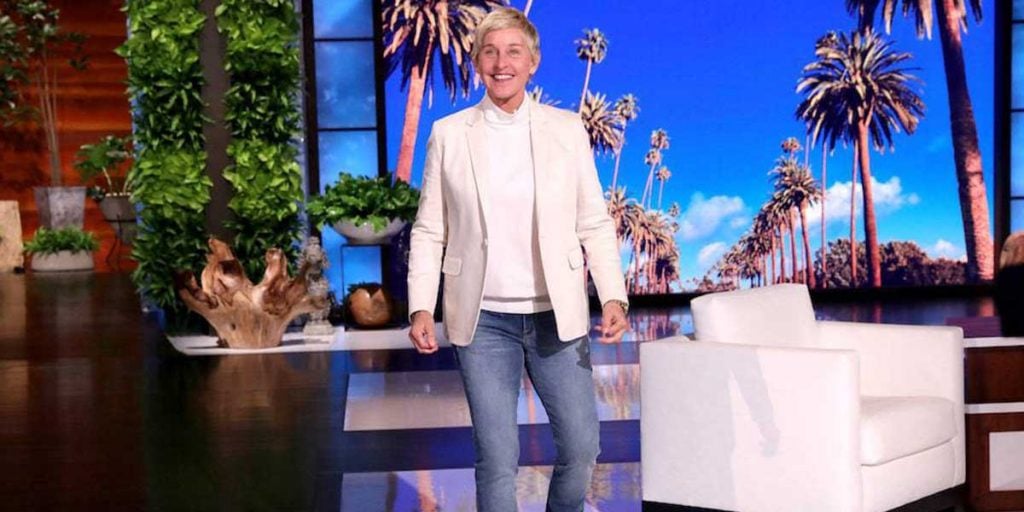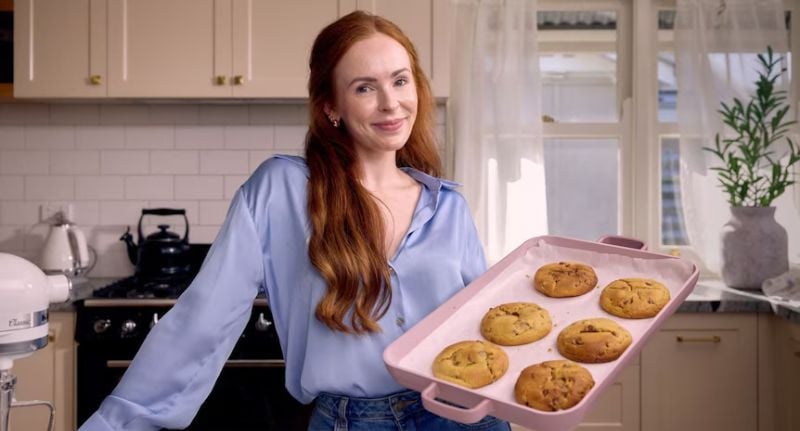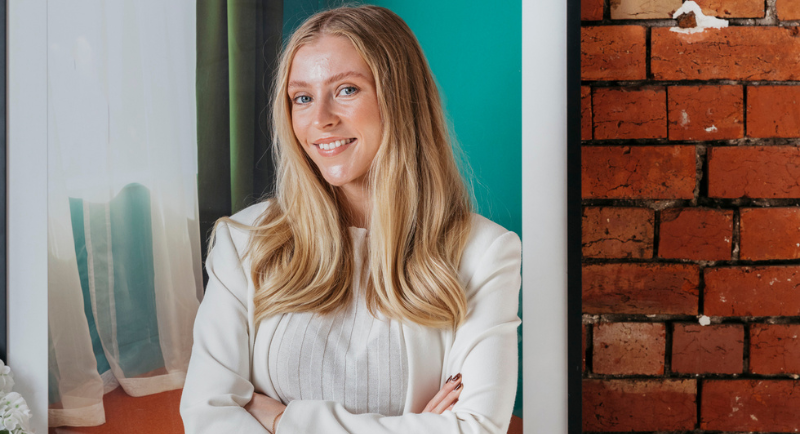By Ebony Coatsworth, Social Media Executive at Melbourne Social Co.
“Be kind to one another.”
It sounded wholesome – harmless, even. But for Ellen DeGeneres, it was more than a sign-off. It was her brand. She didn’t just promote kindness; she personified it. Or so we thought.
When reports of a toxic workplace culture emerged behind the scenes of The Ellen DeGeneres Show, the disconnect between her on-air persona and the real-life accounts was too big to ignore. The result? Her show was cancelled, and her public image took a serious hit.
That was 2021. But fast forward a few years, and we’re still seeing public takedowns of influencers and celebrities whose brands were built on a singular trait – one that, when called into question, causes the whole thing to unravel.

Ellen DeGeneres
The Rise (and Rethink) of Anna Paul
In the last five years, Anna Paul has become one of Australia’s most successful creators. One of the country’s top OnlyFans earners and a social media darling, she’s shut down city centres with fan meetups, launched her own skincare line, and amassed a loyal following. Her rise has been meteoric, and in a country plagued by Tall Poppy Syndrome, that’s no small feat.
But if there’s one thing Australians love more than cutting tall poppies down, it’s rallying around the underdog.
Anna’s origin story, growing up poor, nearly homeless, and wrapping empty orange juice bottles under the Christmas tree because her parents couldn’t afford presents, made her relatable. She wasn’t just successful; she was deserving of it.
The only problem? That story might not be true.
When fellow creator (and her brother’s ex-girlfriend) Mikaela Testa called Anna out on TikTok earlier this year, alleging that her underdog story was fabricated, the fallout was swift. The video went viral. Anna lost over a million followers. Brands pulled back. And the trolling hasn’t stopped since.
View this post on Instagram
From Baker to Bestseller… Then Backlash
Brooke Bellamy, aka Brooki, grew a two-million-strong following off the back of a beautifully simple story: a self-taught baker from Tassie, who grew up baking with her mum and turned that passion into a best-selling cookbook.
But in April this year, one of Australia’s most trusted food bloggers, Nagi from RecipeTin Eats, accused Brooki and Penguin Random House of plagiarising recipes for her cookbook Cook with Brooki. The internet erupted. Comment sections got nasty. And it reached a point where Nagi had to publicly ask her followers to stop sending death threats.

Brooki’s Bakehouse founder Brooke Bellamy
The Problem With Building a Brand on One Thing
When a creator anchors their entire persona to a single attribute, kindness, struggle, authenticity, and that attribute is later questioned or disproven, everything else starts to feel like a lie. The quality that built their audience becomes the thing that fuels the backlash.
We’ve seen it happen with Ellen. With Anna. With Brooki.
It’s worth asking: would these public floggings be as brutal if the people at the centre of them weren’t women? Probably not. Misogyny is alive and well online. But that doesn’t mean the fallout is totally undeserved, either.
These aren’t random misunderstandings. These stories were carefully crafted and consistently reinforced through every episode, TikTok and recipe post. That kind of intentional brand-building brings rewards, but also risk.
Authenticity Is a Two-Way Street
Social media rewards clarity. The simpler your story, the easier it is to follow. But while “the girl who made it from nothing” might be a compelling narrative, it’s also a fragile one. Especially if it isn’t grounded in truth.
Influencers and creators need to be careful not to box themselves into a persona they can’t uphold. Because in the age of parasocial relationships, followers don’t just watch, they believe. And when that belief is broken, the consequences can be brutal. Not just in unfollows, but in public reputation, brand deals, and mental health.
So if you’re building a personal brand, ask yourself this: is the story you’re telling one you can stand by when the comments turn? Or is it one viral video away from becoming your downfall?

